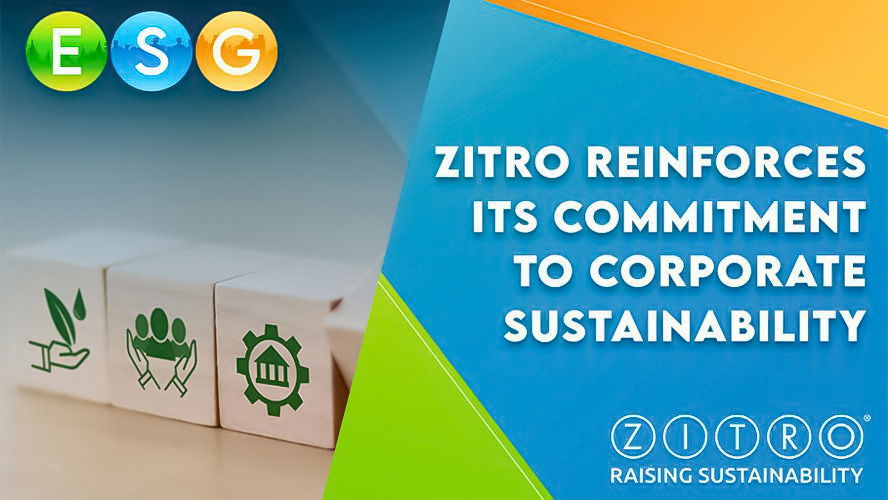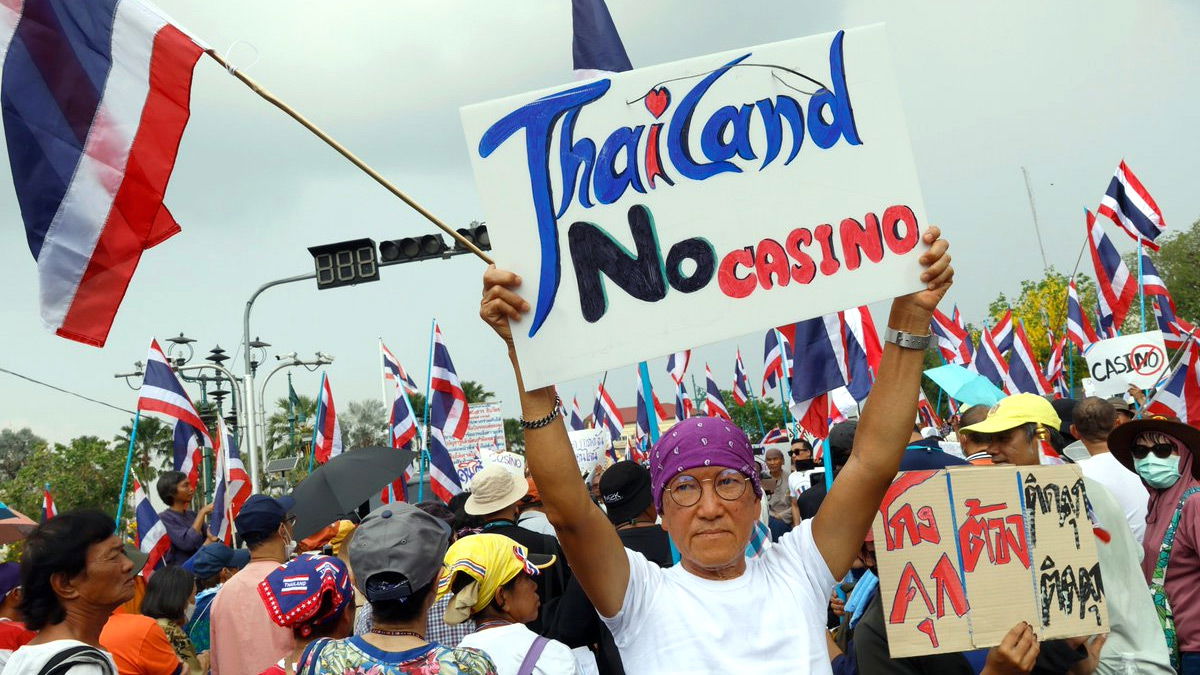The shifting center of iGaming: Why emerging international operators are no longer playing catch-up

The UK has the largest iGaming market in the world. From April 2023 to March 2024, casino platforms operating in the UK generated a gross gambling yield of £6.9 billion. The second-largest global iGaming market is the US, with revenue of $5.5 billion in 2024. This market is affected by the lack of legalized iGaming in all but seven states.
While the UK and US are undoubtedly the strongest iGaming markets, emerging international operators are no longer far behind. They have caught up to the major players, mainly due to regulatory actions, the growth of cross-border payment systems like cryptocurrencies, and technological advancements, such as the growth in smartphone use.
A closer examination of the iGaming situation in emerging markets, such as Eastern Europe, Asia, and Latin America, shows how the major factors in their growth are allowing them to gain ground on the US and the UK.
Regulations outside the US and the UK
Regulation of iGaming in the UK is overseen by the UK Gambling Commission and is countywide. In the US, regulation is on a state basis, with iGaming currently legal in New Jersey, Delaware, West Virginia, Pennsylvania, Michigan, Connecticut, and Rhode Island.
Countries in the emerging markets are similarly diverse in their regulation of iGaming. Some have modern regulatory networks in place, others prohibit iGaming altogether. Overall, there is a balance, which has created an environment in which iGaming is growing in areas not previously recognised in the global iGaming landscape.
For example, in Eastern Europe, in the Baltic states, Estonia issues licenses to reputable companies that have a physical office in the country, Lithuania requires licensed operators to have an official partnership with a land-based Lithuanian operator, and Latvia insists that at least 50% of an iGaming company’s management live in the country.
Belarus also has a regulated iGaming market. President Alexander Lukashenko is keen to stop residents from using offshore platforms and ensure they play at domestic sites, thereby creating taxation revenue for the state.
Another Eastern European country, Romania, has a well-regulated market, with a licensing system overseen by the National Gambling Office (ONJN). The market in the country is valued at $809.50 million. It’s expected to achieve an annual growth rate of 5.6% and reach a value of $1.06 billion by 2029.
Expanding regulation in Eastern Europe has prompted growth in domestic markets, as licensing gives them a level of protection against offshore operators. Estimates suggest there are 832 gambling startups in the area. These operators have helped Eastern Europe to close the gap on major players like the US and UK.
Regulation in Latin America is similarly eclectic. Brazil has long had a lucrative gray iGaming market. In fact, it’s the third-largest market in the world. In January 2025, Brazil launched its regulated online betting and iGaming industry. The regulations are intended to capture revenue traditionally lost to offshore operators, with tax revenues from the regulated market expected to reach more than $2 billion. Since the regulation, the Brazilian government has issued 68 licenses.
In Argentina, iGaming is regulated at the provincial level. Similarly to the US, only people in provinces where iGaming is regulated can participate. By the end of 2023, 15 of 24 Argentine jurisdictions had legalized iGaming.
In Mexico, there is no specific regulation regarding iGaming. However, only casino operators with a land-based presence can have a presence online.
The iGaming regulatory landscape in Latin America is having a similar positive impact to that of Eastern Europe. It allows domestic operators to flourish and compete internationally. The same can be said for the Asian market.
Although iGaming is illegal in major countries like China and Japan, the Indian market thrives. There are no federal laws regarding iGaming in India, so it’s only prohibited explicitly if a state has imposed laws against online betting. The online gambling market in India reached a value of $2.9 billion in 2024 and is expected to grow at a rate of 7.78%, to reach a value of $5.7 billion by 2033.
Embracing cryptocurrencies that make cross-border payments easier
Regulation is not the only factor in the way emerging international operators have closed the gap on operators in the UK and the US. Most international online casinos in emerging markets are dedicated to providing a trusted, fair, and easy-to-access service to players. This dedication includes the provision of global payment systems.
Emerging operators frequently use cryptocurrencies as they enable fast cross-border transactions that are secure and low in fees.
The benefits that cryptocurrencies provide for players include the following:
- Being underpinned by blockchain technology provides a high level of security to cryptocurrency transactions and makes it difficult to tamper with them.
- There is a greater level of anonymity when using cryptocurrencies for iGaming.
- Cryptocurrency transactions are faster than those using many traditional payment methods.
- Using cryptocurrencies for international transactions often attracts lower fees when compared with other payment options.
- Cryptocurrencies are global, so there is no restriction on transactions for players worldwide.
The expansion of mobile access and the influence of mobile gaming
The rise of smartphone use has influenced the expansion of emerging iGaming markets, as has the influence of mobile gaming. In mobile gaming, the global market is expected to achieve a value of $400.21 billion by 2032. Around 2.67 billion gamers now use a mobile device to play.
This influence is seen by emerging iGaming operators, who optimize their sites for mobile use. Looking at smartphone use in Eastern Europe, Asia, and Latin America shows why the use of mobile technology in iGaming is so vital for operators in these markets.
- In India, smartphone usage grew by 4% year-on-year in 2024, reaching 151 million units.
- Smartphone penetration in Lithuania is expected to reach 97% by 2029.
- 97% penetration is also expected in Brazil by 2029, with the number of users reaching 178.31 million.
The future of international operators in the iGaming market
It’s clear that emerging iGaming operators in areas such as Eastern Europe, Latin America, and Asia are challenging the dominance of the UK and the US. As they embrace the challenges of evolving regulations, their success will be shaped by key trends, such as the increased use of artificial intelligence (AI), the integration of technologies like blockchain, and an emphasis on responsible gaming.
Given how emerging iGaming operators are challenging the status quo, and the potential aid to growth provided by technology, regulation, and personalized player experiences and protections, there seems to be a positive future for international iGaming operators outside the UK and the US.

















































